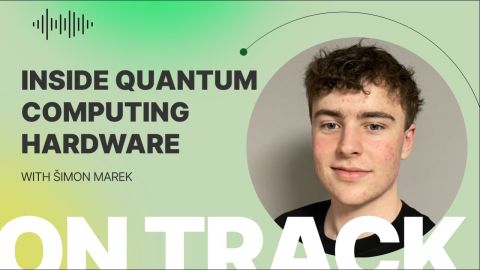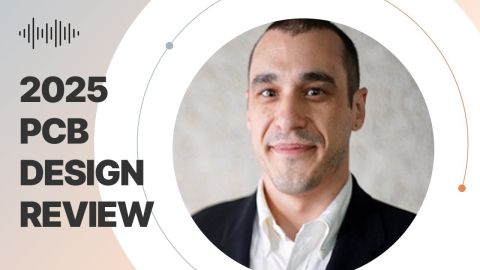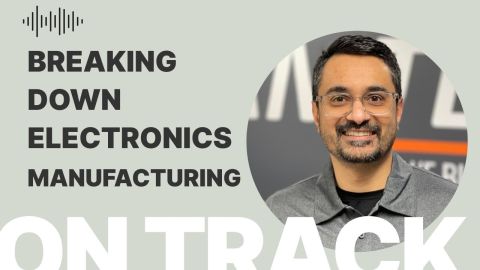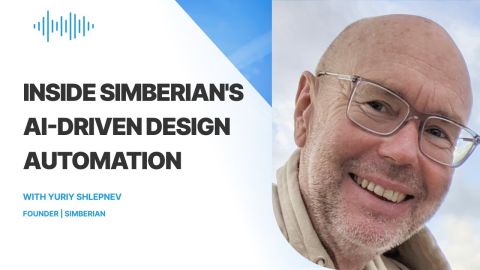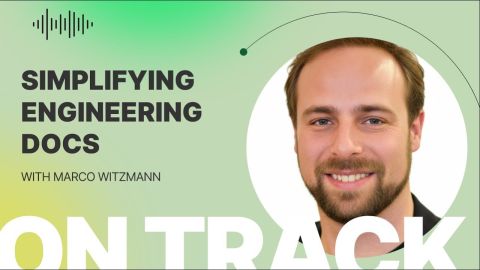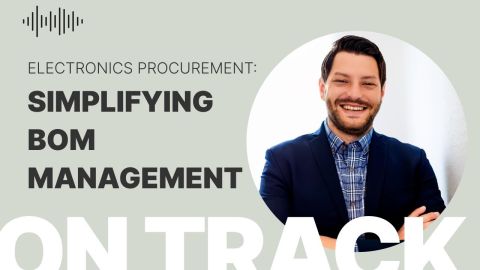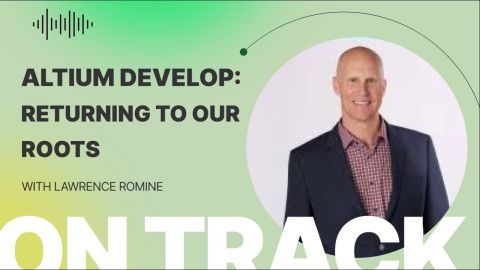Happy Holden the Father of HDI PCBs
Happy Holden, known as the father of High-Density Interconnect and the author of The HDI Handbook, is this episode’s fascinating guest. We’ll discuss how Happy went from a small-town boy to a first-name basis with legends Bill Hewlett and David Packard, the founders of HP. Happy will be a keynote speaker at our AltiumLive Annual PCB Design Summit in Frankfurt, where he’ll discuss smart factories and how we’re going to get to the point of having digitized data. He’ll also talk about AI and his full-day talk will include HDI and the considerations you need to keep in mind.
Listen to the Podcast:
Download this episode (right click and save)
Watch the video:

Show Highlights:
- Happy feels lucky to have been at the right place at the right time throughout his career. He grew up in the mountains of Oregon in a small, highly-involved logging community.
- His math and science teacher in high school had a physics Ph.D.—not a traditional education curriculum. At university, they also had professors who were Nobel prize winners, such as Linus Pauling.
- After graduation, he was invited to interview with the integrated circuit department at Hewlett-Packard, on the recommendation of one of his professors.
- HP was more advanced than IBM when it came to integrated circuits.
- At the time, HP was making high-frequency and RF integrated circuits out of germanium and silicon placed on sapphire wafers, called “Silicon on Sapphire” or SOS.
- Intel was still a start-up at this time.
- As the first chemical engineer at HP in integrated circuit (IC) production; he was on a frontier at HP, the only chemical engineer at a company of fewer than 2,000 people—it was exciting for 21-year-old Happy Holden.
- During his 28 years there, HP climbed to 167,000 employees and from 200 million in sales per year to 54 billion!
- HP’s first 64-bit desktop machine was called a “Desktop Calculator”, because at the time a 64-bit computer was the size of a room.
- By 1972, Happy assisted Bill Hewlett in making an HP35 ‘calculator’ which was battery-powered and fit in his pocket.
- During his keynote, Happy will show pictures of the unique solution they used for the keyboard.
- At the time, they had no idea how to make a reliable gold-plated rigid-flex printed circuit board and the result was an eight-layer logic board, double-sided keyboard, and displays soldered in at an angle.
- Apart from the keynote, Happy will present a full-day class on October 21, which he calls ‘Product realization using HDI technology”; a course on the electrical performance and the advantages and drivers of using High-Density Interconnect and blowing up the myth that you have to pay more for it.
- He will be giving some insights into unlearning several aspects of multi-layers and how miniaturization should indeed save you money by demonstrating four different case studies where complex 18- and 24-layer boards were made into an 8- or 10-layers with High-Density Interconnect and less expensive.
- An interesting aspect of this full-day course is where do we go from here, what’s the next step after HDI?
- Also, don’t miss the keynote on October 23, titled “PCB Trends That Will Impact YOUR Future” and how he started working with AI 25 years ago!
Links and Resources:
HDI Handbook
Articles by Happy Holden
Learn, connect, and get inspired at AltiumLive 2019: Annual PCB Design Summit.
